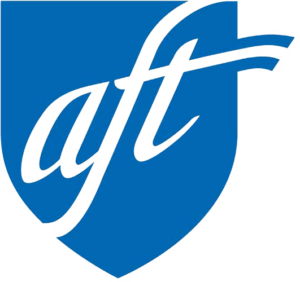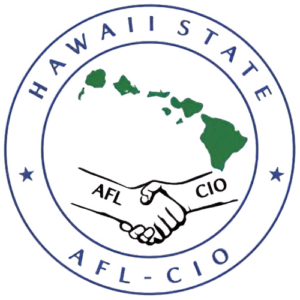Where Does He Get This From?
Based on last weekʻs Senate HRE hearing on SB 3269, SD 1, UHPA performed its own due diligence in researching various statements and comments offered by Senator Kurt Fevella when he questioned testifiers by making the statement “I donʻt know what they was <sic> reading?”
No, Taxpayers Don’t Pay for All of UH
In Senator Fevellaʻs public statement that “…the State of Hawaii is the only one that pays for everything by the taxpayer” we can only assume the context of his comment was as it applies to funding of the University of Hawaii (UH). However, that public statement is by far the furthest from the truth. While we all wish the legislature funded all of the UH, the legislature appropriates about 60% of the total funds to operate the UH.
We Are, By Definition, a Public University
The UH is no different from other public research universities (and there is at least one in every state) across the country. In fact, the term public research university is actually defined as a “research intensive, doctorate-granting institutions that receive a share of funding from state and local appropriations an serve as a critical component of the overall higher education landscape.” This definition of a public research university is found in the 2012 Report by the National Science Board (NSB) that was submitted to both the President and Congress. Public research universities play a distinct and indispensable role in producing research and scholarship, enhancing economic development and technical assistance to our communities, states, and our nation, as well as opportunities for anchor-institutional collaborations. The difference between public and private research universities is that public research universities are charged and expected to equally address all these roles together as effectively, efficiently, and affordably as possible.
This is What Public Research Universities Do
While UHPA may not agree with Senator Fevellaʻs statement on the overall funding of the UH, we hope that Senator Fevella agrees with the importance of public research universities which are that they:
- Initiate the fundamental research that drives scientific and technological discovery;
- Educate and train the skilled workforce of tomorrow;
- Prepare school teachers and faculty for the classroom;
- Are stewards and repositories of human knowledge; and most importantly
- Equip the next generation of leaders and policy makers with the knowledge, skills, and education to lead a twenty-first century democracy with honor and empathy.
Which Universities is he Talking About?
In regards to Senator Fevellaʻs statement that, “The researchers that we talk about, that weʻre talking about and the oneʻs thatʻve been talking, they donʻt bring in 80% of their research fund. Most of the colleges in the mainland does require that” UHPA is assuming that Senator Fevella is referring to public research universities and not colleges as he referenced in his statement.
Uh, Colleges Don’t Do Research. Universities Do
For clarification, colleges across the nation do not normally employ research faculty and neither do any of the colleges under the UH system. While the word “college” doesnʻt have the same meaning in every country, in the United States the term college is normally used to define smaller education institutions that offer undergraduate/Bachelorʻs degrees, associate degrees, or certificates. On the other hand, “universities” in the US are normally defined as larger education institutions that offer both undergraduate and graduate/postgraduate degree programs, while “research universities” are a subset of doctoral degree-granting institutions that conduct research.
UH Manoa is in Rare Company
More significantly for UH Manoa, it has obtained the distinguished Carnegie Research I designation (very high research activity – and one of only 146 private and public institutions granted such designation) that per the 1994 edition of the Carnegie Classification system is defined as:
- Offer a full range of baccalaureate programs
- Are committed to graduate education through the doctorate
- Give a high priority to research
- Award 50 or more doctoral degrees each year
- Received annually $40 million or more in federal support.
And Yes, Our Researchers Pick Up Most Of the Tab
As noted in the UHʻs report (Report to Examine and Assess the University of Hawaiiʻs Tenure System) to the 2022 Legislature per SCR 201, SD1, HD1, (2021), it reflected that for Research faculty at UH Manoa who are not tenured or on a tenure track, only 5% of their funds are received through the State general funds, and 75% is expected of the researcher to cover. In all, 3% is from Tuition & fees special fund, 5% from Research & training revolving fund, 12% from other funds which covers the remaining 20% in question.
Senator, Kindly Point Out Where You Got Your Facts From, Please
Thus, while UH Researchers are accountable for 75% of their extramural funds, we couldnʻt locate any public research R-1 universities in the mainland that require the 80% requirement as referenced and maintained by Senator Fevella. UHPA respectfully requests that Senator Fevella share what he was reading when he made the above-referenced statement.



